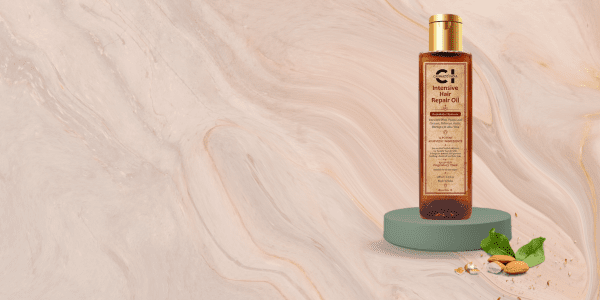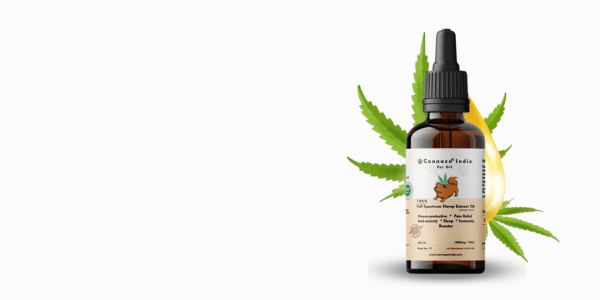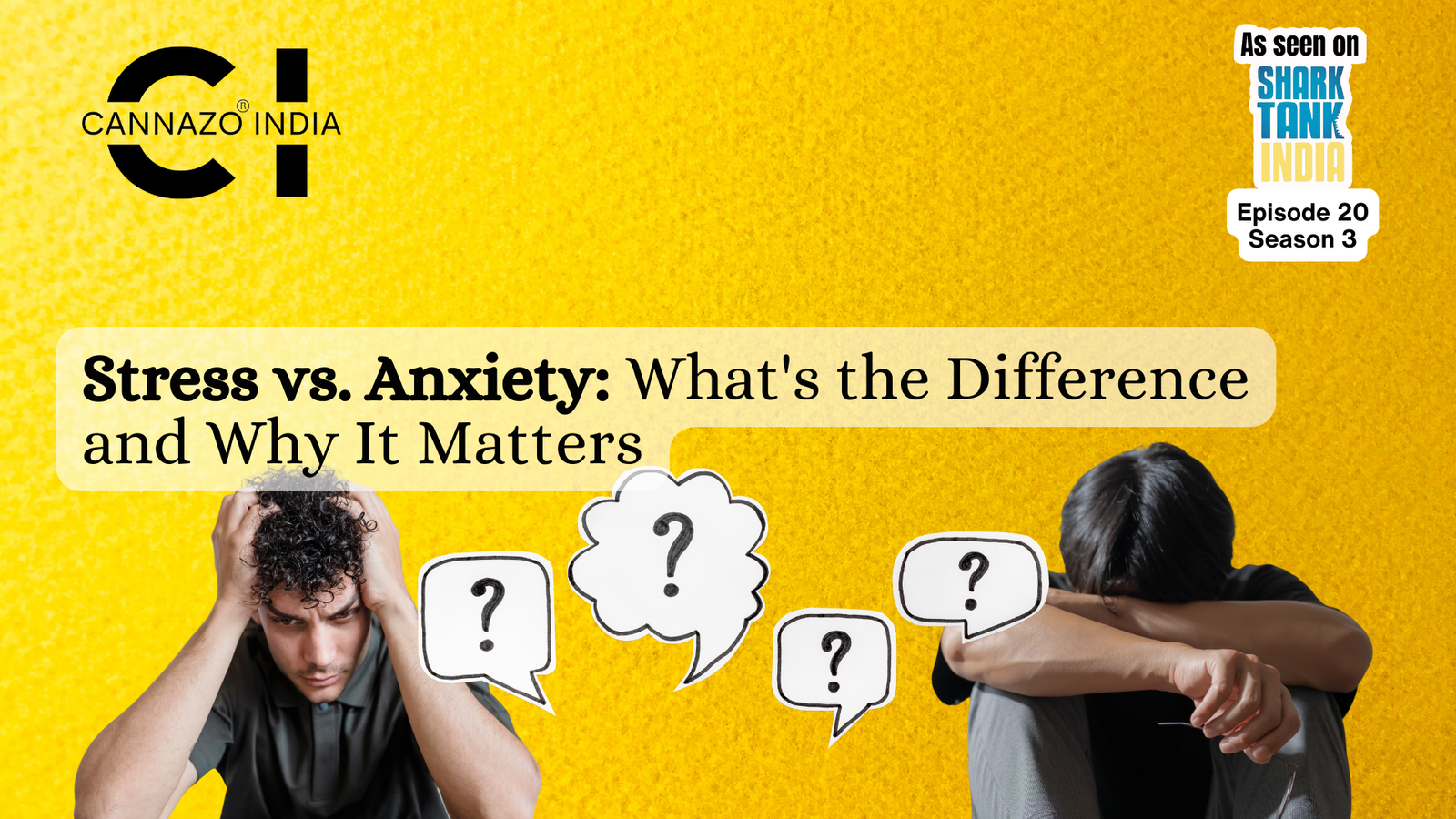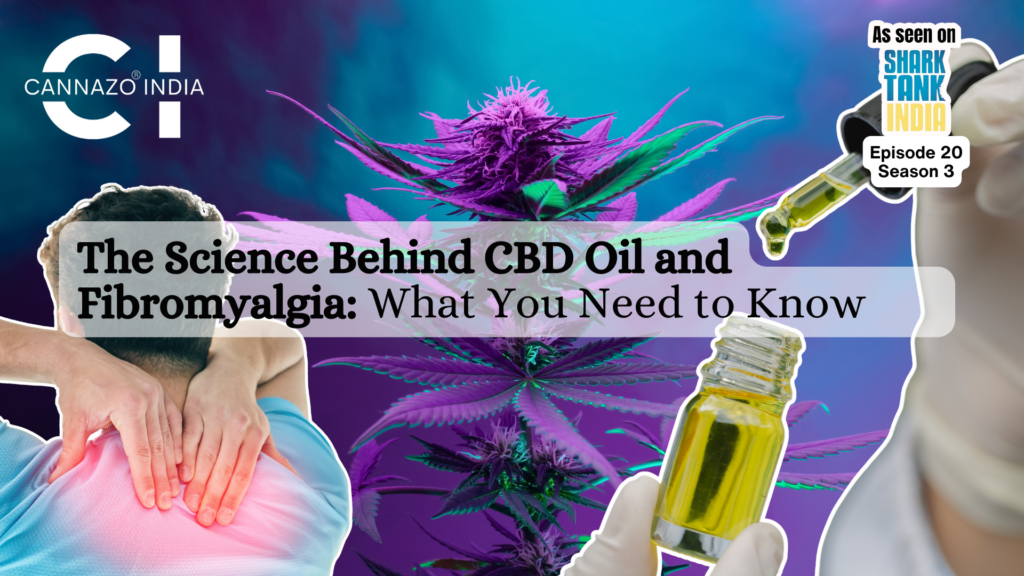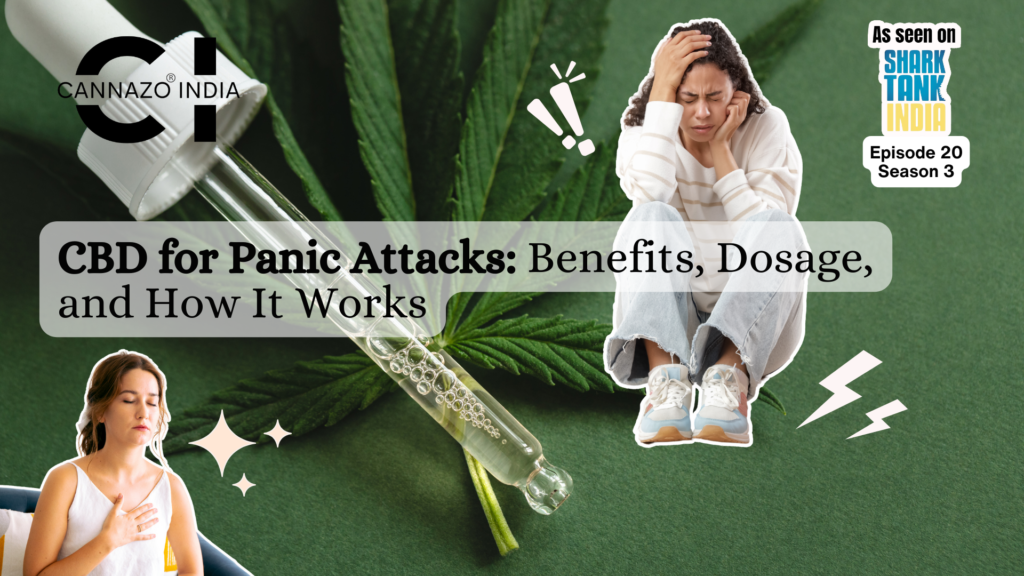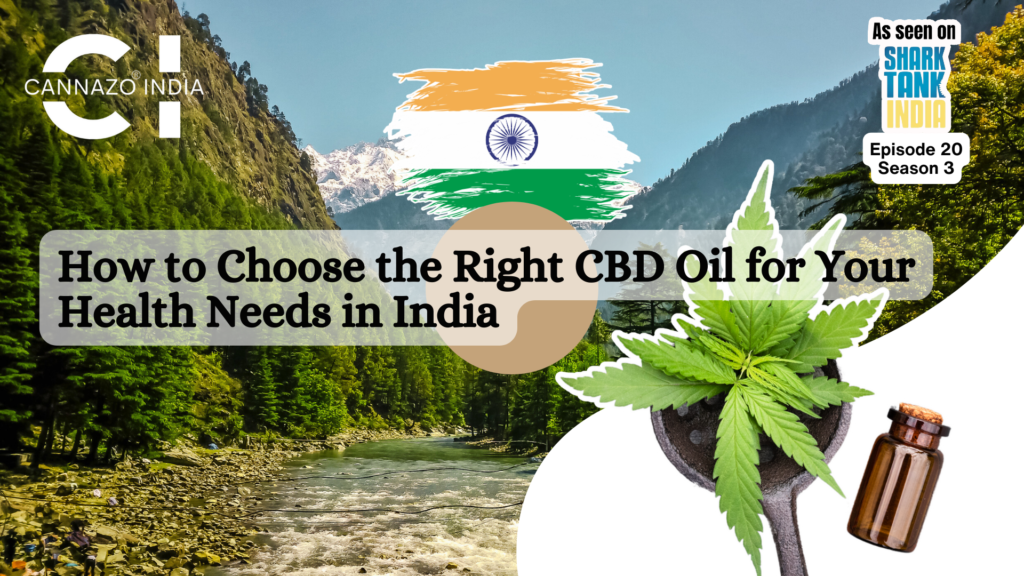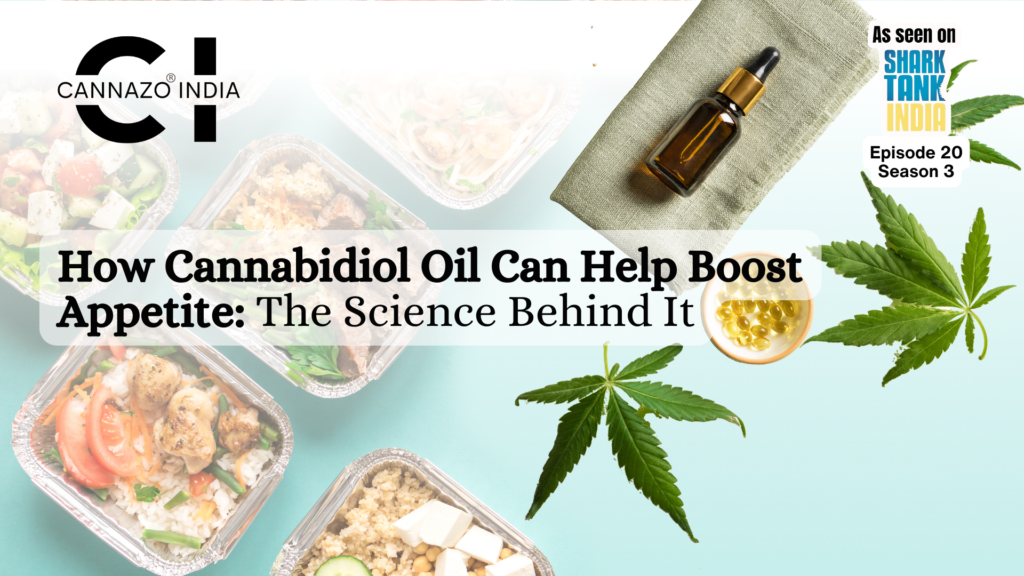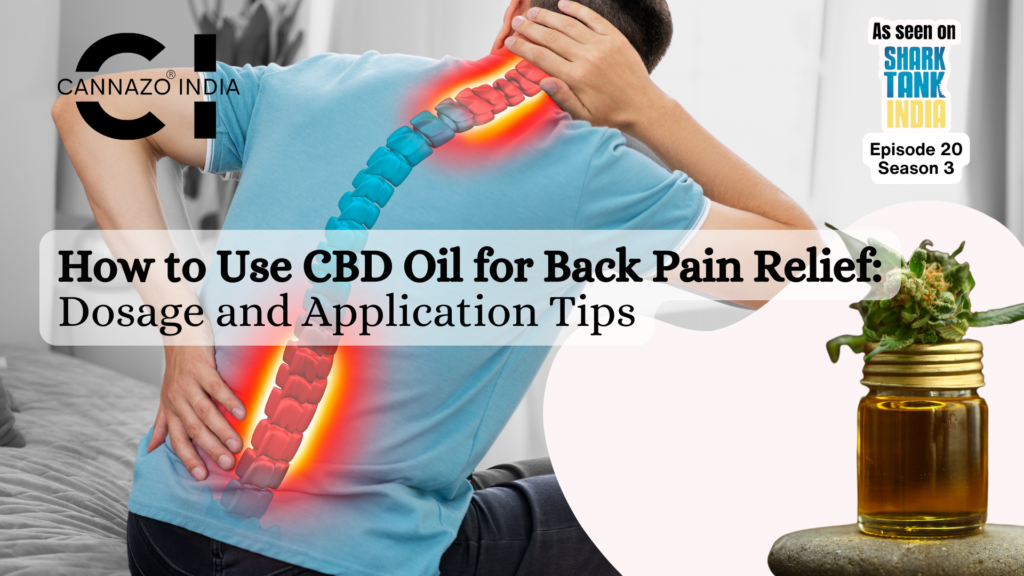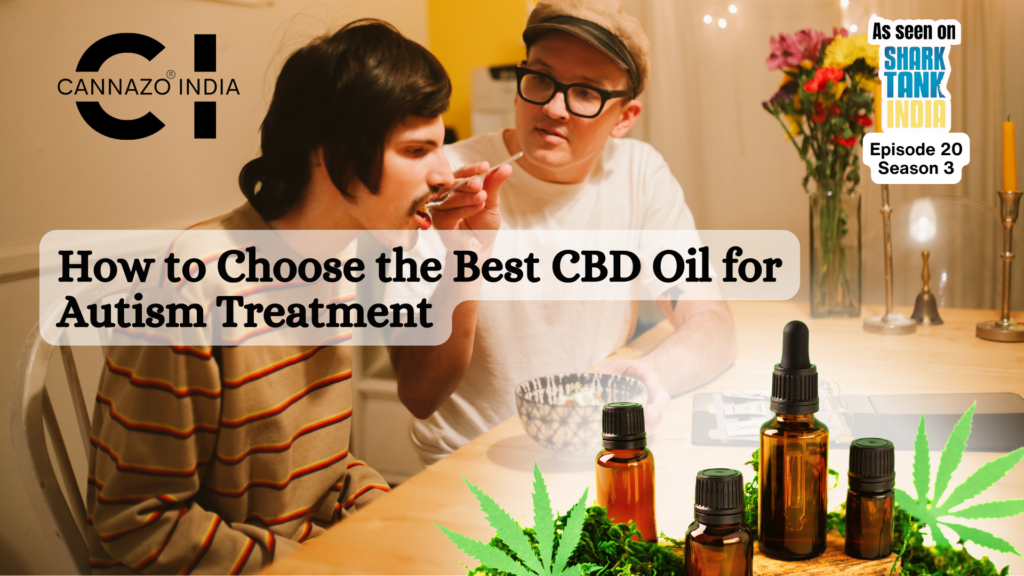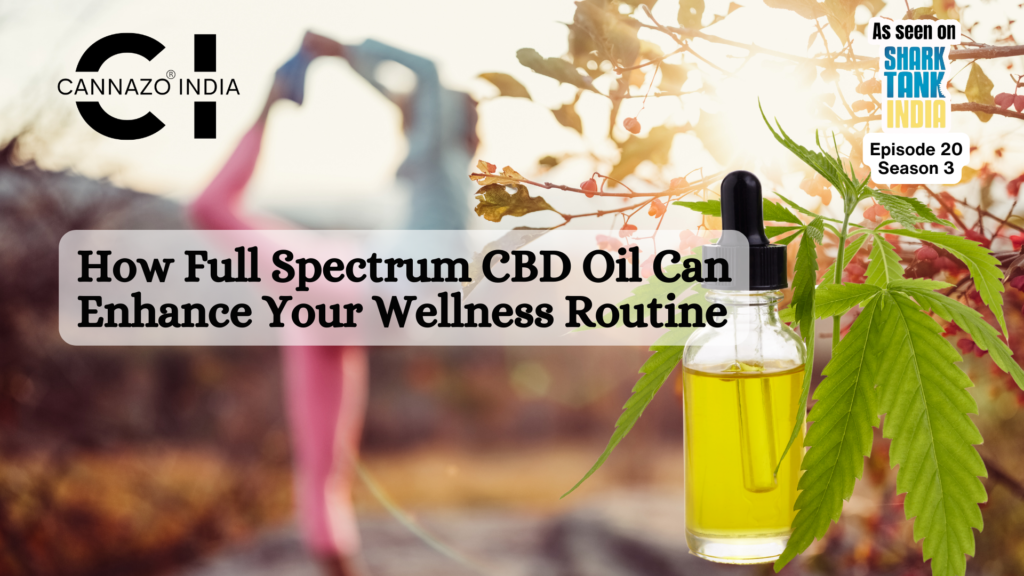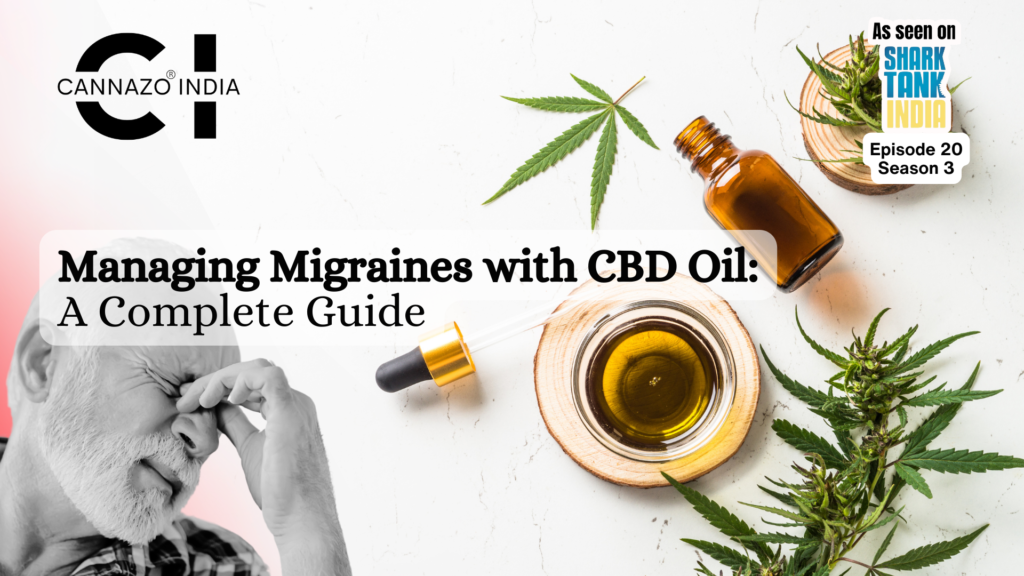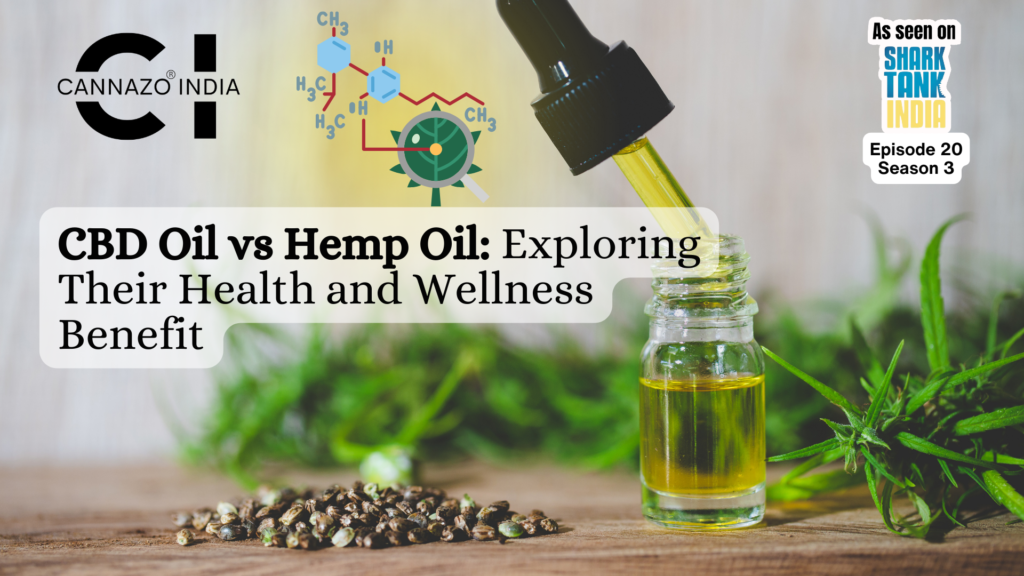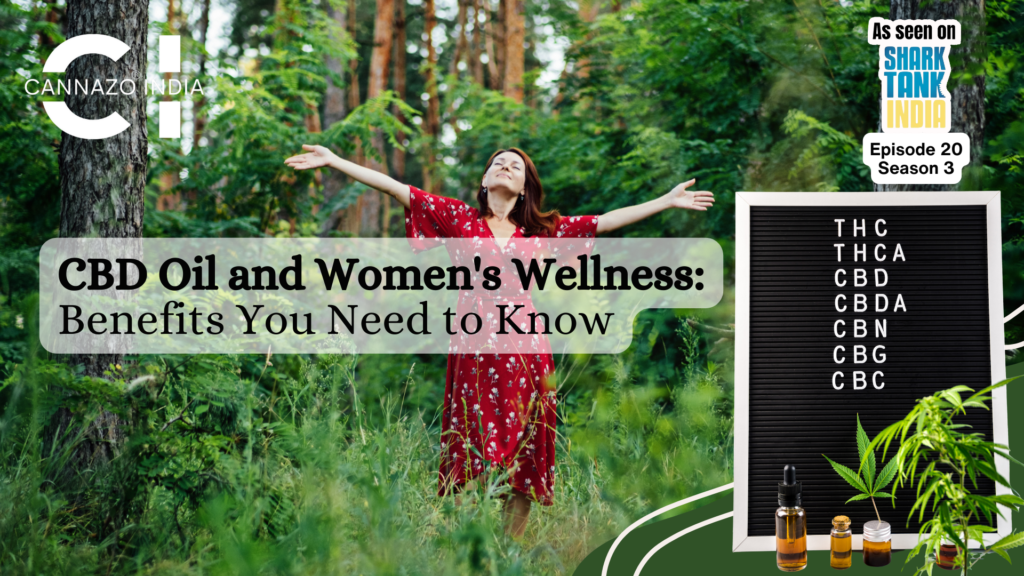Anxiety is a very common mental disorder. According to WHO anxiety is prevalent among 301 million people in the world.
The stats also show that anxiety is more common among women than men. Approximately 1 in 4 people with anxiety disorders receive treatment for this condition.
Defining Stress
Stress can be described as a state of anxiety or mental strain brought on by challenging situations. It is a natural human reaction that encourages us to confront and manage difficulties and threats. Everyone experiences stress to some degree.
The way we respond to stress, however, makes a big difference to our overall well-being.
Stress generally refers to:
- The way we perceive pressure psychologically and how our body reacts.
- Our body’s reaction to pressure engages multiple systems.
- Both physical and emotional responses to life’s challenges trigger a “flight-or-fight” reaction.
Understanding Anxiety
Everyone can feel anxious occasionally, but those with anxiety disorders often endure fear and worry that are intense and disproportionate.
The anxiety is difficult to control, leads to significant distress, and can persist for a longer time without treatment.
Anxiety disorder can disrupt daily activities and significantly impact a person’s relationships with family, social interactions, and performance in school or at work.
Effects on Health and Well-being
Stress affects both the mind and the body. A moderate amount of stress can be beneficial and enhance our ability to handle daily tasks.
Too much stress can lead to both physical and mental problems. Developing effective stress management strategies can help us feel more in control and improve our overall mental and physical health.
Stress can affect brain functioning and can cause:
- Short-term memory loss.
- Reduction in cognition cognition.
- It leads to nervous system activation and indirectly affects the function of the cardiovascular system.
- The normal functioning of GIT is slowed down by slowing down the absorption process, intestinal permeability, mucus, and stomach acid secretion and causing GI system inflammation.
Individuals with anxiety often feel intense fear or concern about a particular situation, such as experiencing a panic attack or facing social interactions. They usually experience symptoms over an extended period. Anxiety disorder increases the risk of depression and substance use disorder and increases the risk of suicidal thoughts.
Other symptoms of anxiety are:
- Trouble sleeping
- Trouble concentrating
- Having heart palpitation.
- Sweating, trembling, or shaking
- Having a sense of danger, panic, or doom
- Dry mouth
- Abdominal cramping
Differences Between Stress and Anxiety
- Stress is an inherent response to external factors, whereas anxiety is typically regarded as a reaction to stress.
- Stress usually goes away once you solve the problem stressing you out, while anxiety is sustained.
- Anxiety involves feelings of fear, worry, and/or dread in anticipation of possible danger or negative outcome, while stress refers to your physical and psychological response to demands, difficulties or challenges.
- Anxiety can cause you to be unable to function, while stress is mostly external.
- Stress can leave once the threat is gone, but anxiety lingers around after the threat disappears.
Mechanisms and Treatment
Therapies such as cognitive-behavioral therapy (CBT), psychodynamic psychotherapy, and interpersonal therapy have proven effective in enhancing mental health outcomes for anxiety disorders. Although such therapies are beneficial, a patient needs to consume medication as well.
CBD has shown positive results against anxiety and is gaining popularity rapidly. CBD exerts its anxiolytic effects through various mechanisms, including interactions with 5-HT1A serotonin receptors, CB1 and CB2 cannabinoid receptors, the hypothalamus-pituitary-adrenal (HPA) axis, and other neurotransmitter systems.
It appears to act as an antagonist of the GPR55 receptor, which is implicated in anxiety. CBD’s influence on neurogenesis and the endocannabinoid system. Stress impacts the hippocampus by altering the HPA axis, which in turn helps to reduce the physical and behavioral symptoms of anxiety.
These mechanisms are supported by both animal and human studies, although further research is needed to fully elucidate CBD’s action in the context of anxiety disorders.
Anxiety treatment can involve pharmacological, nonpharmacological, or a combination of both approaches. Medications used to manage anxiety disorders include:
Antidepressants (SSRIs)- Tricyclic antidepressants (TCAs) are effective as SSRIs for treating major anxiety disorders.
Examples: Venlafaxine and Duloxetine
New treatment options include CBD oils, like Cannazo India’s Vijaya Amrit, and Calm Drops. CBD can alleviate the other symptoms. It reduces anxiety-related insomnia and stimulates appetite. Staying calm can help prevent panic episodes.
In a study (under publication) conducted by Dr. Vaibhav Mishra (Advisory Board, Cannazo India), it was seen that there was a fall in the Panic Disorder Severity Scale by 72.7% after using Vijaya Amrit after two months of continuous use.
Herbal medications made out of Ashwagandha, Brahmi and Tulsi can also be used for managing anxiety.
Conclusion
Anxiety disorder comes in various forms and can significantly impact an individual’s quality of life, affecting physical, psychological, and social aspects. Recognizing the symptoms, obtaining a thorough evaluation, and pursuing appropriate treatment is crucial for effective management.
Unlike typical anxiety that arises from specific situations, anxiety disorders are more intense and pervasive. There are several CBD-based medications for anxiety disorders and therapeutic options like CBT that can help reduce symptoms.
Reference
- Javaid, Syed & Hashim, Ibrahim & Hashim, Muhammad & Samad, Mohammed & Ahbabi, Alia. (2023). Epidemiology of anxiety disorders: global burden and sociodemographic associations. Middle East Current Psychiatry. 30. 10.1186/s43045-023-00315-3.
Stress. (2022, June 17). https://www.who.int/news-room/questions-and-answers/item/stress - World Health Organization: WHO. (2023, September 27). Anxiety disorders. https://www.who.int/news-room/fact-sheets/detail/anxiety-disorders
Yaribeygi, H., Panahi, Y., Sahraei, H., Johnston, T. P., & Sahebkar, A. (2017). The impact of stress on body function: A review. PubMed, 16, 1057–1072. https://doi.org/10.17179/excli2017-480 - Difference between stress and anxiety. (n.d.). https://www.healthassured.org/blog/stress-vs-anxiety/
- Daviu, N., Bruchas, M. R., Moghaddam, B., Sandi, C., & Beyeler, A. (2019). Neurobiological links between stress and anxiety. Neurobiology of Stress, 11, 100191. https://doi.org/10.1016/j.ynstr.2019.100191
- García-Gutiérrez MS, Navarrete F, Gasparyan A, Austrich-Olivares A, Sala F, Manzanares J. Cannabidiol: A Potential New Alternative for the Treatment of Anxiety, Depression, and Psychotic Disorders. Biomolecules. 2020 Nov 19;10(11):1575. doi: 10.3390/biom10111575. PMID: 33228239; PMCID: PMC7699613.
Bokadia, H. (2024, August 2). A guide to different types of anxiety disorders. Cannazo India. https://cannazoindia.com/types-of-anxiety-disorders/



